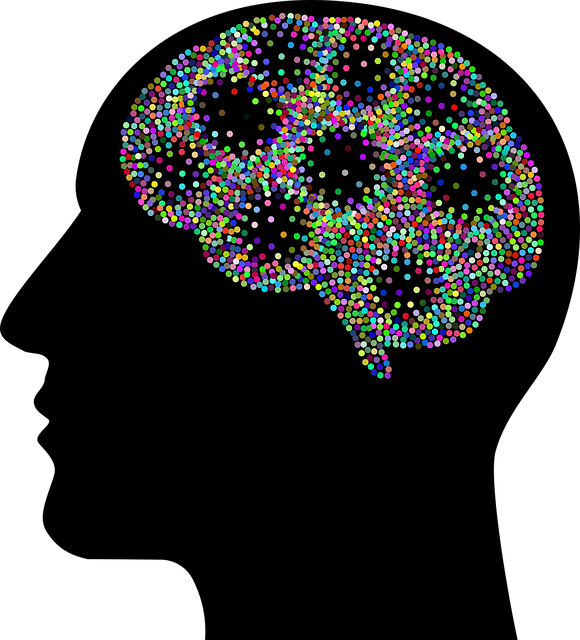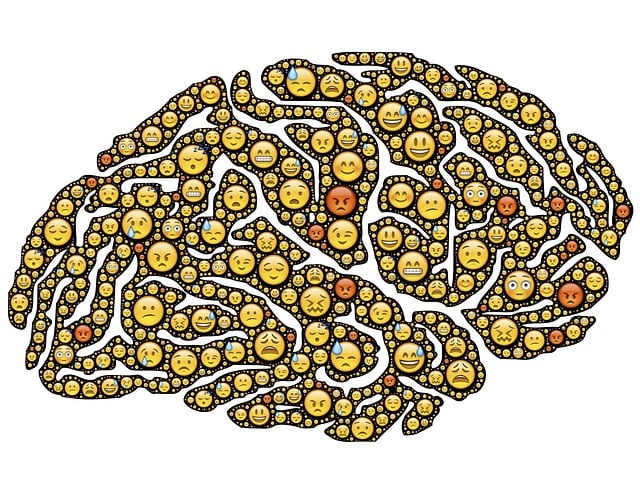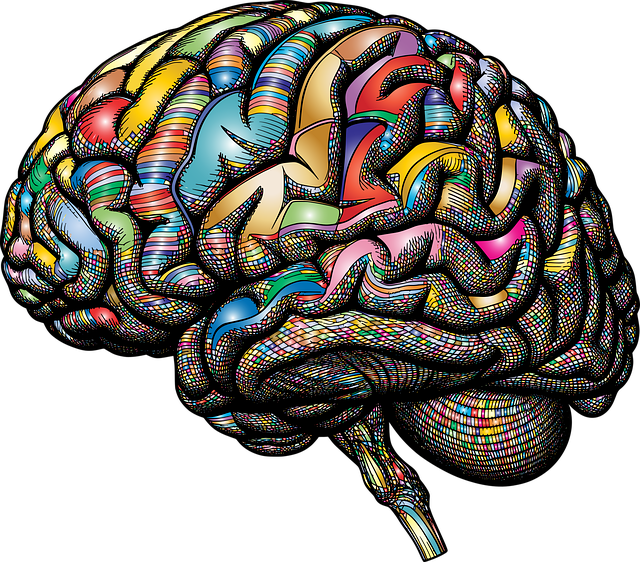Denver American Sign Language (ASL) Therapy is transforming mental health support by breaking down communication barriers for deaf and hard-of-hearing individuals. Through the integration of ASL in therapy sessions, they ensure accessible conversations, tailored mental wellness journaling, and culturally sensitive risk management planning. This innovative program equips clients to express emotions, gain insights into specific deaf community mental health challenges, and develop effective coping strategies, leading to improved treatment outcomes and a deeper understanding of mental wellness within this underserved population.
“Mental health advocacy is transforming lives, and at the forefront of this movement is Denver American Sign Language (ASL) Therapy. This innovative initiative utilizes ASL as a powerful therapeutic tool, breaking down barriers in mental healthcare access. With a unique approach, they cater to diverse communities, including those with hearing impairments or non-verbal individuals, ensuring everyone receives the support they need.
Through community engagement and education programs, Denver ASL Therapy is building bridges to better mental health care, empowering early intervention and literacy among hard-to-reach populations.”
- The Role of Denver ASL Therapy in Promoting Mental Health Awareness
- – Highlighting the unique approach of using American Sign Language (ASL) as a therapeutic tool for mental health support.
- – Discussing the benefits of ASL therapy for diverse communities, especially those with hearing impairments or non-verbal individuals.
The Role of Denver ASL Therapy in Promoting Mental Health Awareness

Denver American Sign Language (ASL) Therapy is making waves in promoting mental health awareness among the deaf and hard-of-hearing community. By incorporating ASL into therapy sessions, this initiative breaks down language barriers and ensures that individuals who rely on sign language for communication can access essential mental wellness services. Through tailored mental wellness journaling exercises and communication strategies, Denver ASL Therapy helps clients explore their emotions, thoughts, and experiences in a way that feels natural and accessible.
Moreover, the program offers unique insights into the specific challenges faced by deaf individuals regarding mental health. It promotes effective risk management planning for mental health professionals working with this population, ensuring they are equipped to provide culturally sensitive and competent care. By fostering inclusive practices, Denver ASL Therapy contributes to a more comprehensive understanding of mental wellness within the deaf community, ultimately enhancing support and treatment outcomes.
– Highlighting the unique approach of using American Sign Language (ASL) as a therapeutic tool for mental health support.

In recent years, mental health advocacy initiatives have explored innovative approaches to provide support, and one such unique method is using American Sign Language (ASL) as a therapeutic tool. Denver American Sign Language Therapy has emerged as a game-changer in the field of mental wellness, offering a new perspective on resilience building. By incorporating ASL into therapy sessions, professionals are able to connect with individuals who may face barriers when communicating verbally, especially those experiencing anxiety or trauma. This approach not only facilitates open dialogue but also empowers deaf and hard-of-hearing individuals to access essential mental health education programs and coping skills development opportunities.
The power of ASL lies in its ability to create a safe and inclusive environment where non-verbal expressions can convey deep emotions and experiences. Therapists skilled in ASL can engage clients in meaningful conversations, helping them process thoughts and feelings while building confidence in their communication abilities. This innovative mental health support method encourages active participation, fosters better understanding, and promotes a sense of community among participants, ultimately contributing to improved overall well-being.
– Discussing the benefits of ASL therapy for diverse communities, especially those with hearing impairments or non-verbal individuals.

In recent years, there has been a growing recognition of the importance of accessible mental health services for diverse communities, particularly those with hearing impairments or non-verbal individuals. Denver American Sign Language (ASL) therapy has emerged as a game-changer in this regard. ASL therapy offers a unique and effective approach to addressing mental health concerns by incorporating sign language into therapeutic practices. This inclusive method allows for better communication and understanding between therapists and clients, fostering trust and openness that can significantly enhance the effectiveness of treatment.
For individuals who may find it challenging to express themselves verbally or those who rely on visual communication, ASL therapy provides a safe and supportive environment. By using American Sign Language, therapists can engage with clients on their terms, promoting self-care practices and conflict resolution techniques tailored to their specific needs. Moreover, mental health policy analysis and advocacy groups have recognized the potential of ASL therapy in expanding access to care for underserved populations, ensuring that everyone has an equal opportunity to prioritize and maintain their mental well-being.
Denver American Sign Language (ASL) Therapy represents a pioneering approach in mental health advocacy, offering a unique and effective support system for diverse communities. By utilizing ASL as a therapeutic tool, this initiative ensures that non-verbal individuals and those with hearing impairments have access to essential mental health services. The benefits are profound, fostering inclusivity and providing a means of communication that resonates deeply with its recipients. Through Denver ASL Therapy, we take a significant step towards a more holistic understanding and support for mental well-being across all segments of society.














